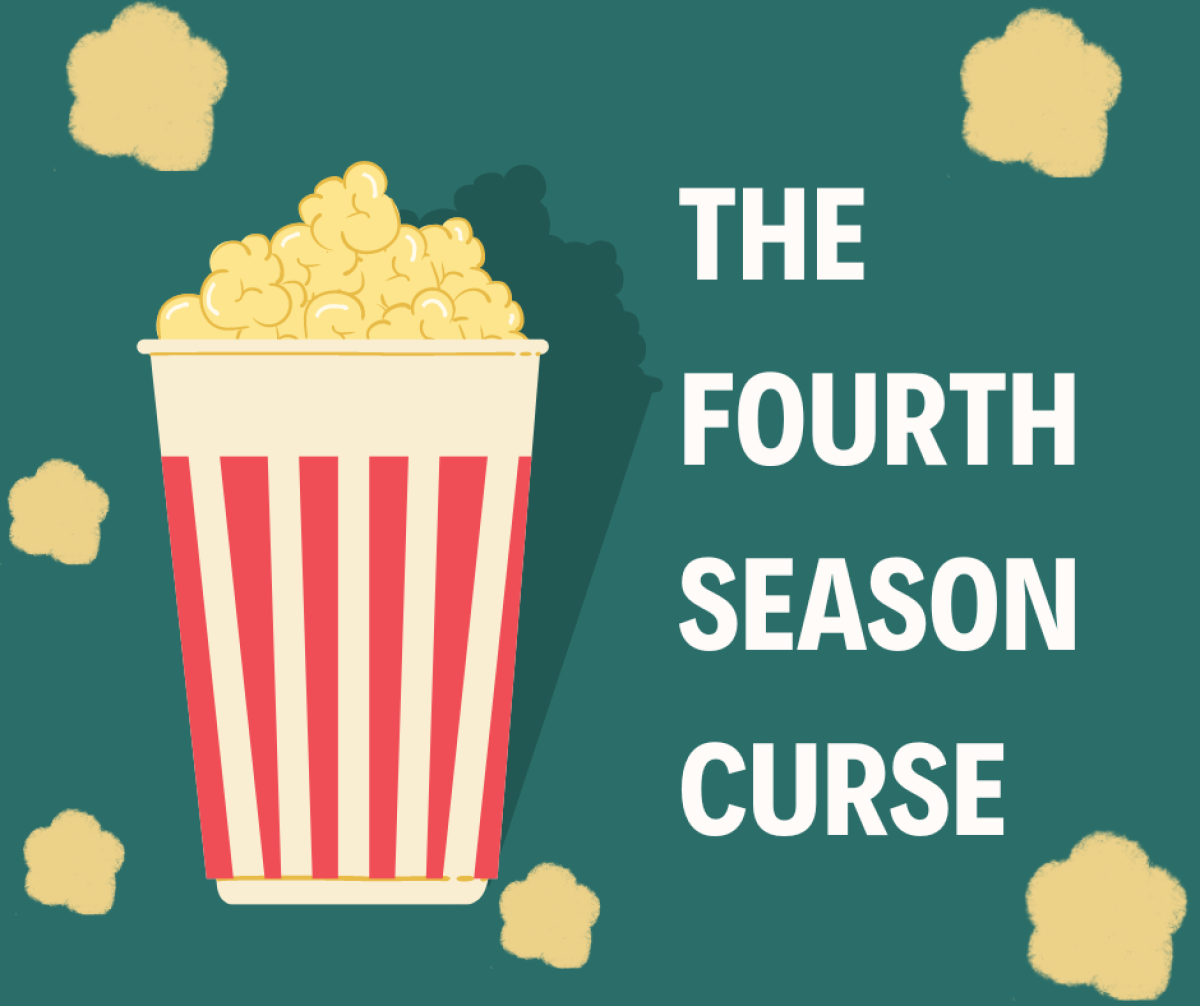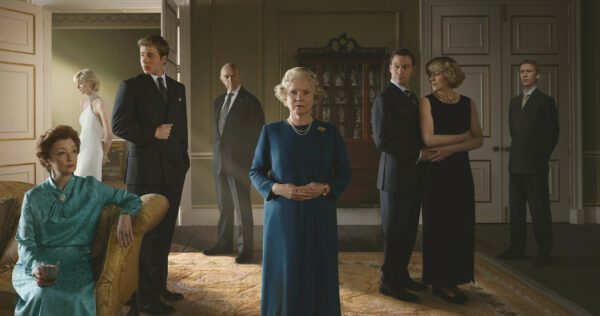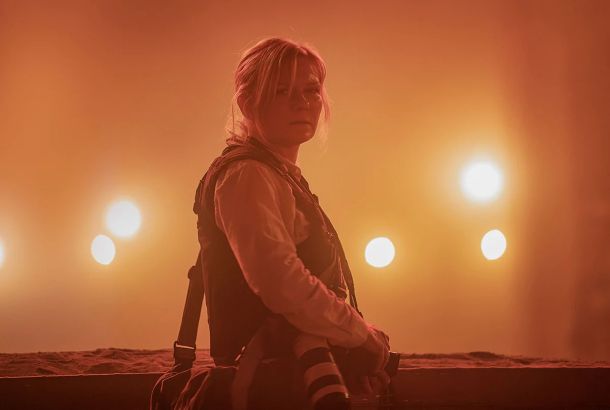The fourth season curse: Why do TV shows get worse after their fourth season?

It is a truth universally acknowledged that hit TV shows start to decline after their fourth season. The same shows that we used to count down the days to watch become unworthy of our time, in a slow, painful process comparable to drifting apart with an old friend or watching a beloved pet grow infirm.
Not even global success and critical acclaim can protect TV shows from the ‘Curse’ – it gets them all in the end.
Despite being widely regarded as one of the best sitcoms of all time, even Friends was struck by the Curse. Seasons 6-10 just couldn’t compare with 1-4. The Office (US) also began to decline after its fourth season, hitting rock bottom when the world’s best boss Michael Scott (Steve Carrell) left in season 7.
It’s not just sitcoms that are affected. Netflix disappointed millions with the hotly anticipated final chapter of The Crown. Although Australian actress Elizabeth Debicki stole every scene she was in with her uncanny portrayal of Princess Diana (for which she won an Emmy and a Golden Globe) no amount of doe eyes and head tilts could save seasons 5 and 6 of The Crown. Meanwhile, the final season of Game of Thrones was so appalling that over a million fans signed a petition demanding it was remade.
Less drastically, some shows just dip in quality after a long run. Take Downton Abbey for instance, what was once a ground-breaking period drama with shocking storylines was downgraded to a soap opera after 4 seasons.
As a result, many writers end their shows abruptly to avoid the Curse, after all, it is better to quit while you’re ahead. There are only 12 episodes of the classic comedy Fawlty Towers – John Cleese and Prunella Scales quit the show at the height of its popularity so it could be remembered for its successes rather than any future failures. Phoebe Waller-Bridge only wrote 2 seasons of her fourth-wall-breaking hit Fleabag, with no plans to write more (although many fans, myself included, would donate a kidney in return for a new season).
But the question remains: why do so many of our favourite TV shows lose their spark after the fourth season? Put simply: familiarity breeds contempt. After 4 seasons, shows start to lose their allure. The writers are no longer vying for our attention so the storylines become weaker and even predictable at times. In many cases, the biggest dilemmas of the series have already been resolved (Will Jim and Pam get together? Who will Lady Mary marry?) and so we are left with yawn-inducing plots and no reason to keep coming back to watch.
Many shows also make the fatal mistake of focusing on new characters instead of the old ones. This was the hamartia of season four of Sex Education, as many of the episodes revolved around new characters at Cavendish College rather than the tried-and-tested Otis, Maeve and Eric combo. Meanwhile, the final two seasons of The Crown focused heavily on the Al-Fayed dynasty instead of the royals themselves. What’s the point in becoming invested in a show only to discover that the later series focus on a few minor characters?

The recent rise in ‘limited series’ seems to suggest that the best things come in small packages. More and more viewers are opting for short series of quality television, such as Netflix’s The Queen’s Gambit, over long-running shows that are going from bad to worse. Many award shows have even introduced a limited series category in recognition of this.
So to any showrunners who are reading this, beware the Fourth Season Curse. Nobody is safe! Are you currently writing your 19th season? Planning a finale that centres on irrelevant characters? You might want to think twice or the Curse may rear its ugly head.







